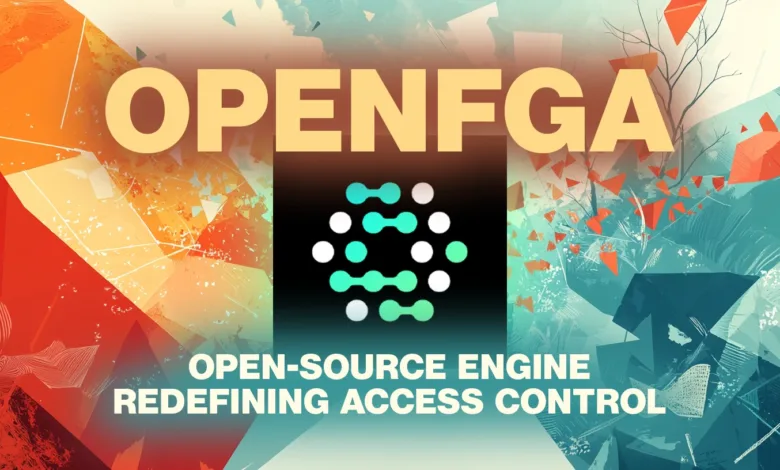OpenFGA: The Open Source Authorization Engine

▼ Summary
– OpenFGA is an open-source authorization engine inspired by Google’s Zanzibar, designed for relationship-based access control in applications.
– It provides high-performance authorization checks in milliseconds, enabling scalability for projects from startups to enterprise platforms.
– OpenFGA offers flexibility with support for multiple storage backends, APIs over HTTP/gRPC, and SDKs for various programming languages.
– It supports multiple access control paradigms, including relationship-based, role-based, and attribute-based models, with a user-friendly modeling language.
– The project is community-driven with an open governance model, has been adopted by companies like Auth0 and Docker, and is freely available on GitHub.
OpenFGA is a powerful open source authorization engine designed to help developers implement and manage sophisticated, fine-grained access control systems. Drawing inspiration from Google’s Zanzibar, it provides a robust foundation for relationship-based authorization, enabling precise control over user permissions within any application.
This authorization solution allows development teams to clearly define and enforce exactly who can access which resources and perform specific actions. Whether you’re developing a small startup application or a large-scale enterprise platform, OpenFGA delivers authorization decisions in milliseconds, ensuring your system maintains optimal performance and security as it scales to handle increasing demands.
The platform’s architecture offers remarkable flexibility through multiple storage backend options including in-memory storage, PostgreSQL, MySQL, and an experimental SQLite version. Developers can integrate OpenFGA using HTTP or gRPC APIs, or leverage official SDKs for Java, Node.js, Go, Python, and .NET. The active community has expanded this ecosystem with additional language support and development tools.
For testing and development purposes, OpenFGA includes a command-line interface for validating authorization models and an interactive playground where teams can model relationships and test permissions in real-time. Infrastructure teams will appreciate the Terraform provider that enables managing OpenFGA servers as code, seamlessly integrating with modern DevOps practices. Go developers can even embed the authorization engine directly as a library within their applications.
What truly distinguishes OpenFGA is its ability to combine multiple access control paradigms into a unified system. It seamlessly integrates relationship-based, role-based, and attribute-based authorization models, creating a comprehensive solution for complex permission scenarios. The modeling language strikes an ideal balance between technical capability and accessibility, making it suitable for both engineers and non-technical team members to collaborate on authorization policies.
The project’s commitment to openness extends beyond its source code availability. Through its transparent governance model and RFC process, OpenFGA actively encourages community participation in shaping its development roadmap. This collaborative approach has attracted adoption from prominent organizations including Auth0, Grafana Labs, Canonical, Docker, Agicap, and Read.AI.
The complete OpenFGA project remains freely accessible on GitHub for organizations and developers seeking enterprise-grade authorization capabilities without licensing costs.
(Source: HelpNet Security)